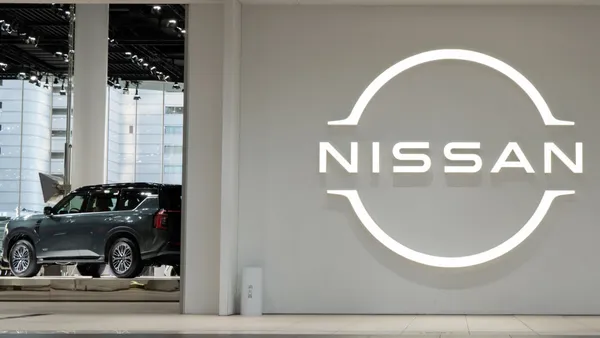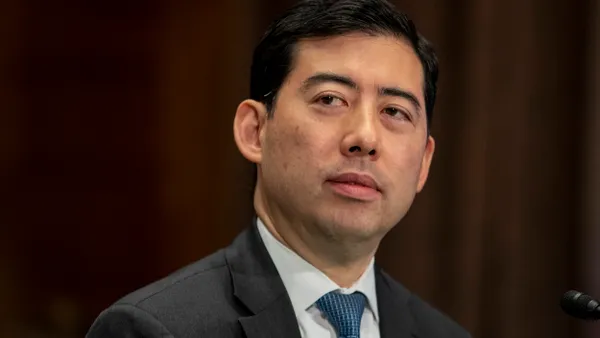Dive Brief:
- Microsoft is changing how customers "buy and manage" Azure services beginning in March, the company announced this month. The change impacts the entire Azure suite of products, which includes cloud compute, artificial intelligence and machine learning, and analytics offerings, among others.
- The company is transitioning to the digital Microsoft Customer Agreement that streamlines billing. When customers purchase Microsoft offerings, they will have access to a "single offer catalogue" presented as a marketplace, according to the announcement.
- The company is presenting customers an "11-page Microsoft Customer Agreement" as a digital document. The new model will also allow customers to have consistency with purchasing, whether buying services through partners, the web portal or by interacting with Microsoft's account teams.
Dive Insight:
Enterprise technology vendors are aware the ease of access to services introduces portfolio complexity, frustrating customers with steep software bills.
Microsoft is using its sales team to win over cloud customers, and cloud vendors have tailored pricing so customers can pay per minute or per second, depending on consumption.
The shift in Microsoft's billing began in 2017 with its "modern commerce transition," according to the announcement. Then in 2018, the company introduced programmatic changes for offer "pricing and discounting across volume licensing."
"Ultimately Microsoft's business has been evolving and they've chosen to change tacks a couple of times as it has evolved," said Stephen White, research director at Gartner, in an interview with CIO Dive. What the company is announcing now is a "fairly significant" part of that transformation.
Right now, customers can buy Azure services in two ways, White said:
-
The more "transactionally-oriented" cloud solution provider (CSP) partner. Those business opportunities are normally small and domain- or need-focused.
-
Or an enterprise agreement, which is a major commitment drawn over a period of time to spend and consume Microsoft services in deals worth hundreds of thousands or millions of dollars in Azure spend.
The Microsoft Customer Agreement overlaps with both, White said.
The push is part of the general shift in how Microsoft does business, and acknowledges that some organizations want to purchase offerings in a more agile manner, such as acquiring services just for a business unit, according to White.
At the same time, the company still wants to bring in major, long-term deals as was seen with the recent agreement between Microsoft and Walgreens Boots Alliance Inc.














